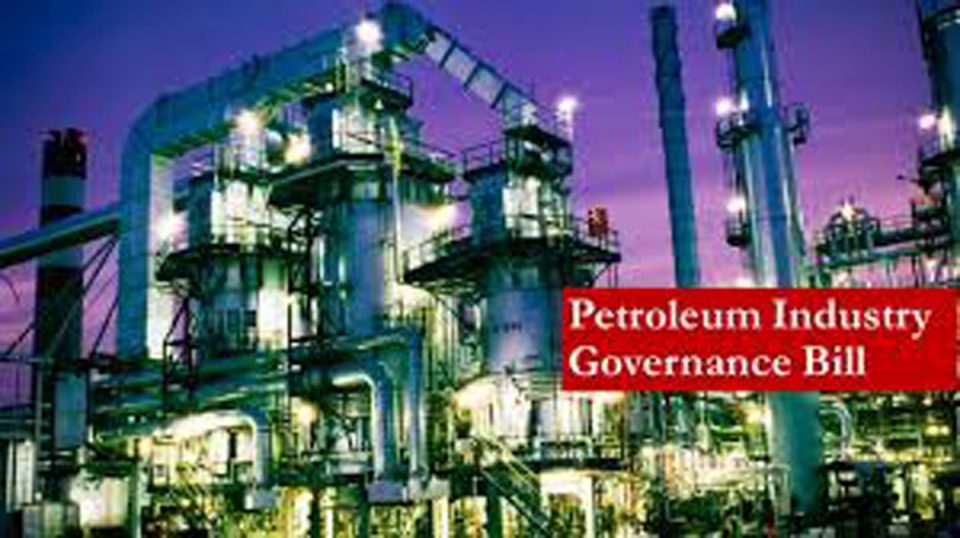Nigeria’s oil reserves may be wasted like coal, experts warn Fresh concerns have arisen over the outlook of Nigeria’s oil and gas fiscal regime, as efforts intensify on the passage of the Petroleum Industry Bill (PIB), which has been left hanging for over two decades.
While the nation’s has stagnating crude reserves of about 37 billion barrels and gas resources hovering around 203.16 trillion cubic feet (TCF), much of that resources could end up wasted amid dwindling investment and unstable outlook for hydrocarbon if the Federal Government continues to play politics with the sector, stakeholders warned at a webinar, yesterday.
Considering that at least 2 billion metric tonnes of coal currently remain utilised in the country, the stakeholders feared that Nigeria’s oil and gas resources may suffer a similar fate if the fiscal regime is not dispensed with urgently.
They noted that compared to others worldwide, Nigeria’s fiscal regime is ranked woefully, especially as the nation’s desire to make quick gains from the sector compromised its long term growth.
A Professor of Petroleum Economics and Management, University of Cape Coast, Ghana, Wunmi Iledare, said while certainty, rates and timing remained critical factors for investors in Nigeria, political actors were mainly interested in short-term outlook at the detriment of the industry, and the long term benefits to the entire country.
Iledare spoke at a workshop on the Competitiveness of Nigeria’s Fiscal Regime, organised by the Facility for Oil Sector Transparency and Reform (FOSTER).
He also noted that the Federal Government is mainly interested in what they could get from the sector, insisting that the country ranked low in terms of competitiveness.
Iledare, therefore, canvassed clear mineral owner objectives, a downward review of the total marginal tax rate to attract investments, as well as royalty rate for flexibility and progressivity, while recommending Norway’s tax regime as a case study for tax neutrality.
He also canvassed the dual tax system and output based incentives, adding that Nigeria’s fiscal system design should enhance indigenous participation and utilization of its resources.
Comparatively, in terms of internal rate of revenue, he said Nigeria also ranked lower, saying the more the government takes from the sector, the lesser its attractiveness.
Chairman, the Society of Petroleum Engineers (SPE) Nigerian Council, Joe Nwakwue, sought to urgently use oil and gas to re-industrialise the country.




